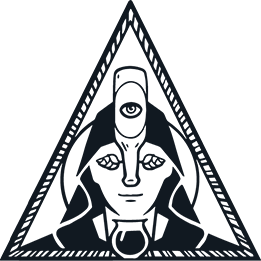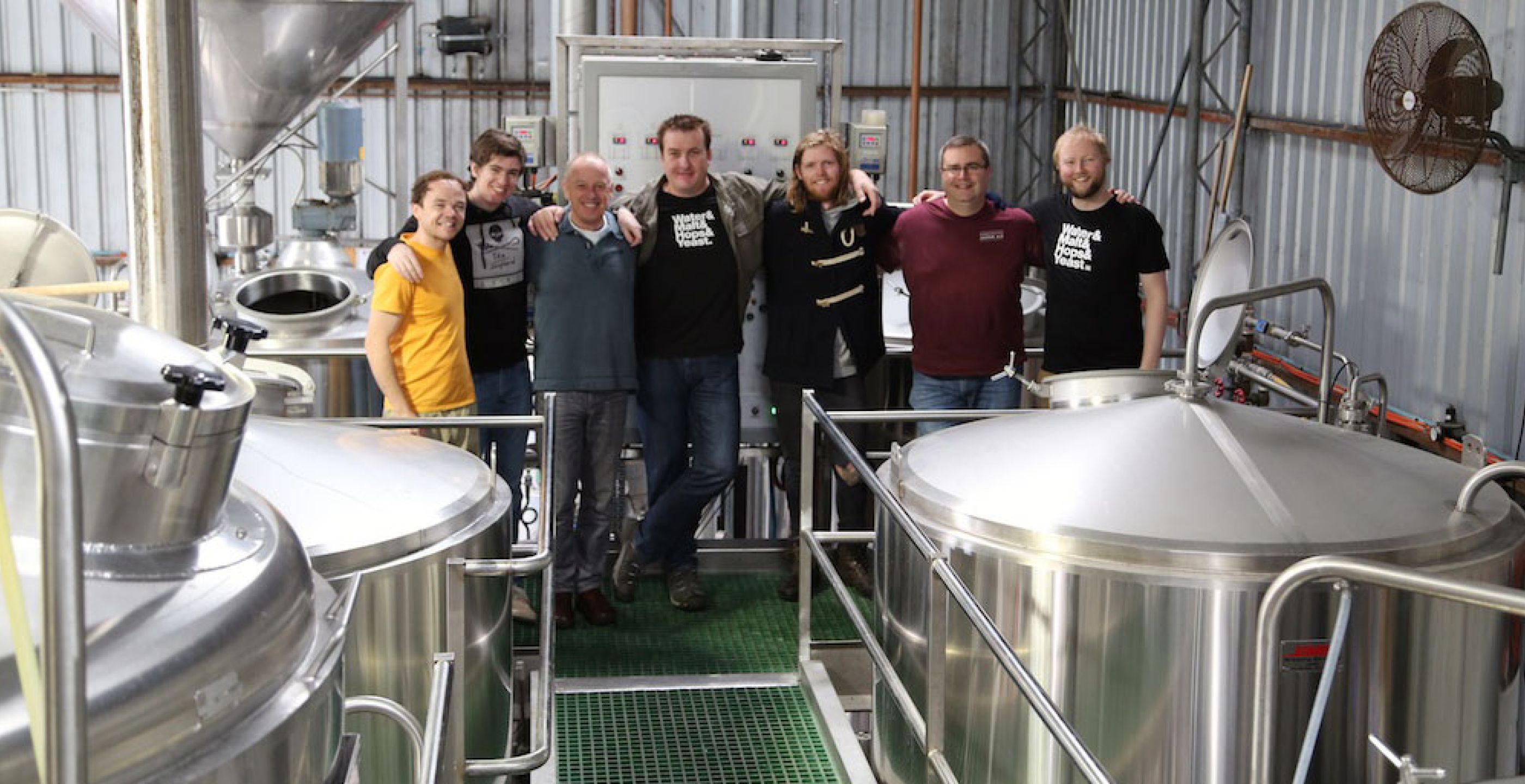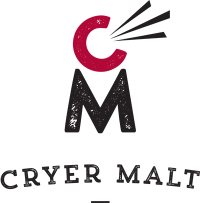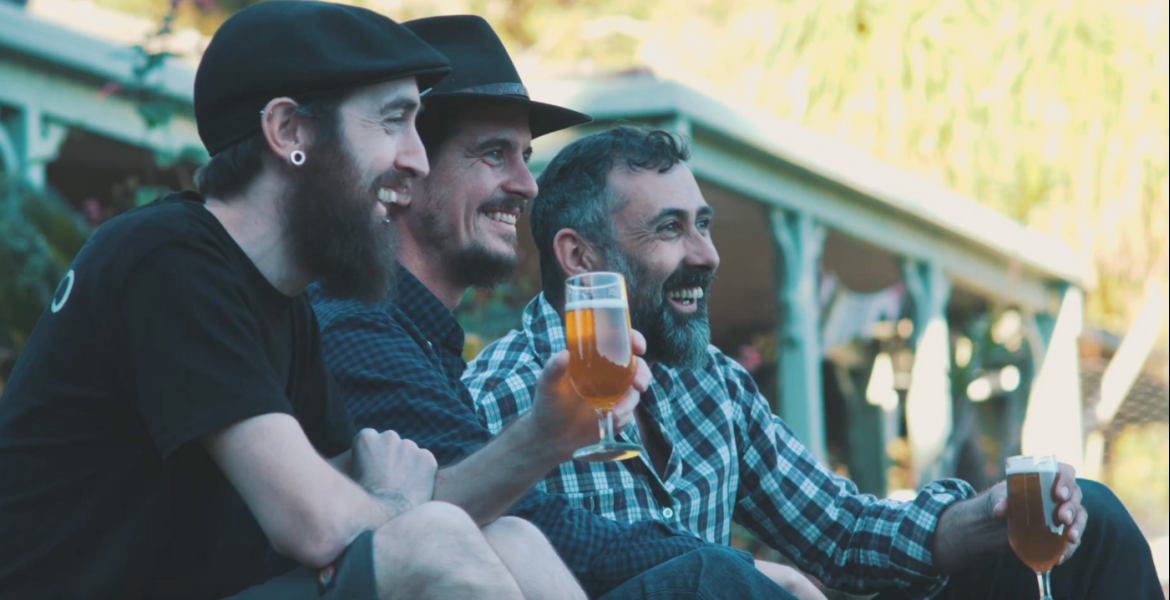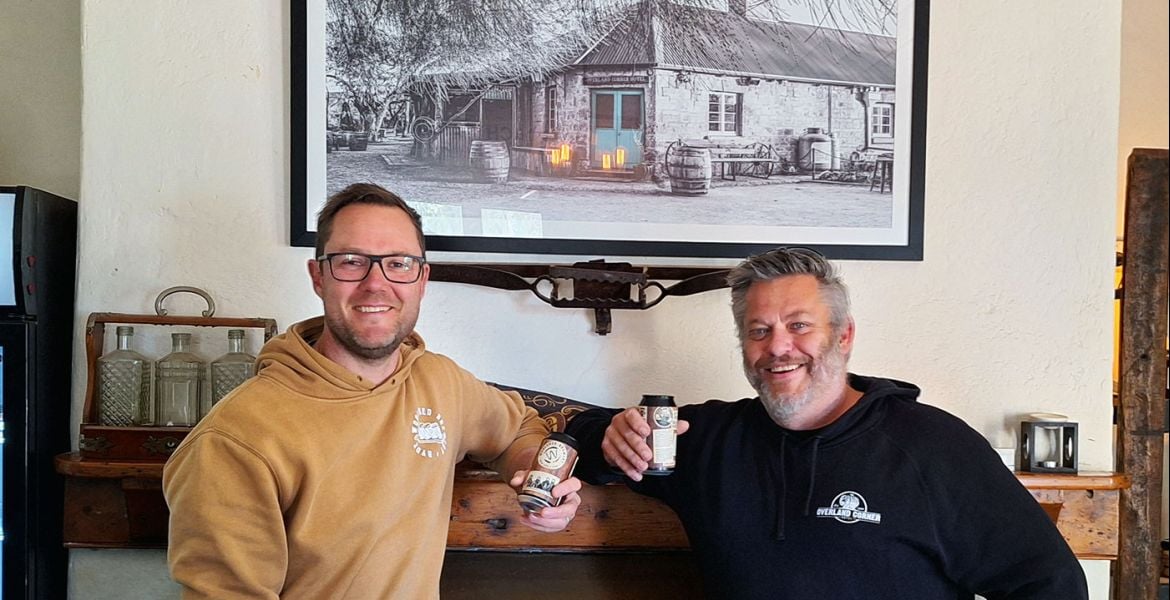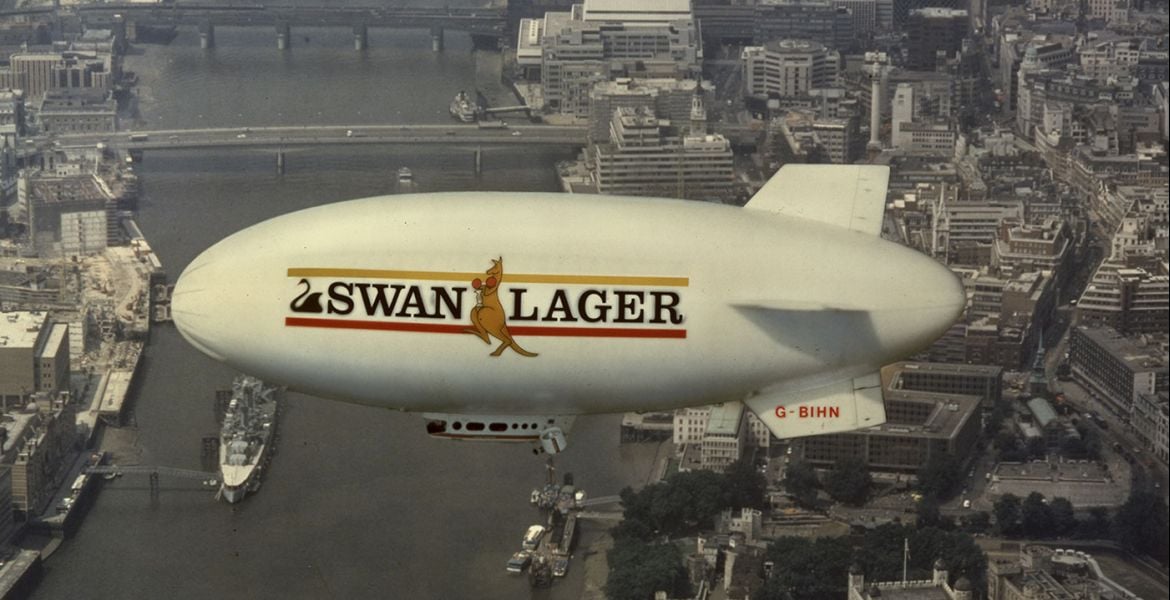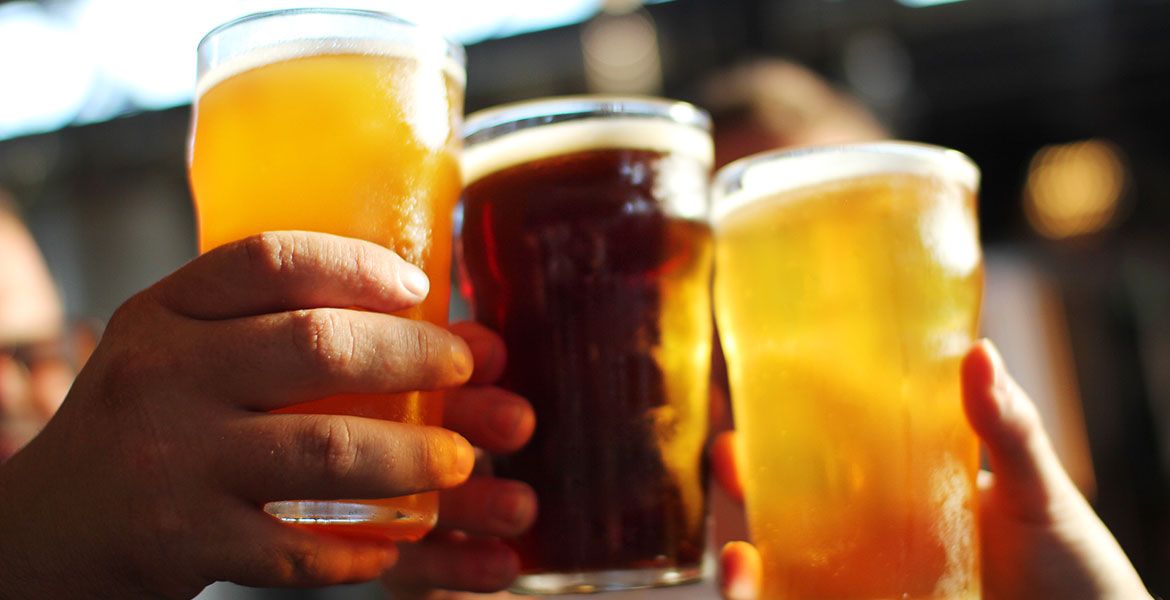If you were to draw up a list of people who deserve acknowledgement for their roles driving beer in Australia to where it is now, there's every likelihood Brad Rogers and Jamie Cook, two of the founders of Stone & Wood Brewing, would feature. The former has a brewing pedigree that takes in many of the best beers to come out of Foster's / CUB in the past two decades (all, sadly, pretty much consigned to the past now) while the latter has been pullings strings in various guises ever since the earliest days of the craft beer revolution.
Yet it's Stone & Wood that, from this week, is instead taking the lead in acknowledging the industry's trailblazers with the launch of the first Forefathers beer. These collaborations will become an annual affair, each created with a different Forefather of the industry, with Phil Sexton number one on the invite list.
To the uninitiated, Phil was one of the guys that opened the brewpub credited as the birthplace of modern craft beer in Australia. They turned the former Freemason's Arms in Fremantle into the Sail & Anchor in the early 1980s, brewing beers on a homemade kit at the back before building the original Matilda Bay soon afterwards. The impact of that business went beyond simply breaking the shackles the country's dominant lager brewers held over what people drank in their own venue: they opened a series of venues across Australia, began importing beers and set up their own distribution channels too.
Years later, after returning to wine and working with a number of breweries in the States – creating the first American IPA for BridgePort along the way, as one does – Phil was enticed back to Australia to help establish Little Creatures.
Today, while he remains involved in beer – invited to given the keynote opening speech at last year's Australian Craft Brewers Conference – his main concern is the Giant Steps / Innocent Bystander wine business in the Yarra Valley. Yet it's fair to say the Australian beer landscape wouldn't look like it does today if, inspired by time in the UK and Europe as a young brewer, he and his uni friends hadn't had the balls to ignore the accepted wisdom of the time and strike out on their own.
"It wasn't really a thought of 'Who should go first?'," says Brad (above, fourth from left) of the decision to launch the series with Phil. "There are a number of people who have significantly contributed to the rise of independent Australian beer but, timing wise, we decided to kick this release off with Phil.
"Phil was integral in breweries and brands like Sail & Anchor, the Matilda Bay Brewing Company, then Little Creatures, so it just made sense to kick it off with him."
The beer itself, a northern English Brown, was chosen in collaboration with Phil. It's a nod to the beers he enjoyed while training as a brewer in Birmingham and, while unintentional, also doffs a cap to the very first beers brewed at the Sail & Anchor. Phil and son Harry – currently home brewing his way through university – travelled to Stone & Wood for the brew (pictured above), where the former claims he drank beer with his mates while Harry did most of the work.
"[It was] so good," says Brad. "It was nice to have Phil and Harry in the brewery helping us but also being able to catch up with him and introduce a person who we respect to the team."
The beer is the sort of typically understated and balanced beer one would expect from such a collection and is making its way across the country now. You can read more about it here.
As for future Forefathers, the Stone & Wood team is keeping things close to their collective chest. We did suggest that they should feature themselves, a suggestion that was laughed off. But, as Phil (above, third from left) points out with a chuckle: "This way Brad gets to be a part of all of them."
To mark the launch of the series, we chatted to Phil. It's only 18 months since we last interviewed him when compiling the 150 Great Australian Beers book but much has changed so we asked him about today's beer world and where he sees it heading.
TODAY'S SHIFTING LANDSCAPE
"We are seeing a complete realignment of a beverage called beer. I'm sure the big guys wouldn't agree with me, but I don't think beer is what it used to be in Australia and the big guys are struggling to accept that.
"The market is moving ahead of them. People are interested in stories and provenance. And they're not going to drink as much of it. That changes the nature of the business because that had been about large volumes being consumed consistently by a market that consumed tribally. That market is diminishing quickly.
"You used to see beer cans lying at the side of the road – people throwing them out the windows after drinking them while driving – but you don't see that [anymore].
"It's a major change. I don't know what the percentage [of craft beer within total beer consumption] is in Australia but it's pushing up quickly. The US is well ahead of Australia and generally we will go where they go. The big guys over there have really struggled with their craft acquisitions. It's the independent ones that are really powering through things.
"It's an incredible market now. You can get anything from a sour to a supercharged hoppy beer. If you go back to the early days it was damn hard to get people to look at a different beer; now they won't look at it if it's not different! That genie is out of the bottle."
NOT SO LITTLE CREATURES

"We didn't imagine that there was a second wave of craft beer coming through. The first was crushed – or we had tripped ourselves up – but the second wave has been far more successful. We were at the start of it but didn't realise we were.
"If you asked me about how Little Creatures started, I was convinced that the only way [to succeed] would be to sell a really good beer across the bar. That [development of a second wave] was driven by Nic [Trimboli] and Howard [Cearns] more than me.
"I was going, 'Slow down! Let's just sell some beer over the bar!'"
THE LEGACY OF MATILDA BAY
"I don't know what they [CUB / SABMiller] are doing. I'm sure they understand internally but the message isn't coming through to people on the outside.
"There will be very smart people looking at this [but] what's happened with Matilda Bay is an opportunity frittered away. It's sad.
"I don't know at what point it's not resurrectable; it can only be resurrected by people who are involved in it, not by a big corporate."
Would he go back to help?
"No. And I'm not sure I'd know what to do."
A THIRD SEXTON BREWERY?
When we chatted to Phil last year, he said that he believed there would ultimately be ten breweries in the area around Healesville in years to come. He also said that, were he younger, he'd be tempted to start a third Australian brewery himself.
"I went further than that. I said I wouldn't try to pack it. I'd just brew one beer, do it really well and serve it from the tank.
"Everyone is trying to be everything. The best way to drink beer is on draught where it's made; don't try to make two, three, four beers in the same place.
"That's how Little Creatures was supposed to have gone; that was the agreement: we would have a great beer [Little Creatures Pale, originally called Live] and make that one beer."
A CRYSTAL BALL IN THE 80s
"I think we probably saw this happening. I knew the UK industry well [Phil became involved in CAMRA, the Campaign for Real Ale, while studying in the UK] and I knew the European, particularly Belgian, industry really well and couldn't understand how we didn't have that in Australia.
"But if you understood the history of Australian breweries and how it had worked, [you understood] how [the big brewers] had put up these false walls [and] made it impossible to happen. If a couple of people could break that apart then we are basically a European culture; if you break it apart then it would happen: we would go back to what happened in the 1800s with little breweries everywhere.
"We had to break the control of the big guys for it to happen."
They achieved this with Matilda Bay only for the first wave to collapse, leaving Phil and colleagues "depressed".
"We consigned ourselves to history but the second time truly has broken the dam wall."
THE CHALLENGES FOR SMALL BREWERS
"It comes back to distribution every time. Anyone who is gifted and works hard can make a good beer, but the challenge is getting it to market, with pubs aligned to big brewers and distribution companies not interested in taking on small businesses because they don't want to offend the big players."
"If you're not getting people to drink your beer in pints – if they are going to cherry pick and can't drink two pints – then you're not in business. Beer is a drinking business, wine is for sniffing. Good beer has got to be easy to drink."
THE ENGLISH BROWN
"It was a bit of fun. I really like what those guys are doing there. Jamie worked with us [at Matilda Bay] setting up the first alternative dispensing systems in Australia. We sell a fair bit of Brad's beer at the winery and he visits breweries I've worked at in the US so there's only about one degree of separation.
"We chatted about what we thought would be a good beer to do. We decided to stay away from 'new wave' hops and do something traditional. I studied [brewing] in Birmingham and there's a bunch of brown ale styles that are just fabulous – very ingredient and technique based. Brad is a winemaker by trade and so am I and we always talk about balance.
"[Brewing such beers is] what we started doing [at the Sail & Anchor]. We sell a lot of beers at my winery and it's the traditional styles that people seem to like the most.
"It was great fun [brewing at Stone & Wood]. Most of the work was done by my son (above right milling the malt with Phil) while I stood back and drank beer while talking to the guys. I struggle to keep [my son] at uni because he wants to go off and become an apprentice brewer, so when the opportunity to do this came up he was there in a heartbeat."
BEER HEAVEN
"The most exciting place to lob into is the UK and see if you can get some Marston's or Tim Taylor's.
"One of my great treats is arriving in London and finding a bar that still has draught Timothy Taylor Landlord. To me, that's heaven."

